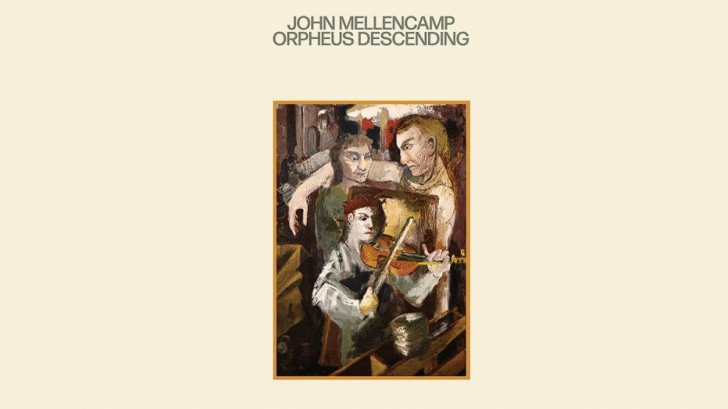John Mellencamp, known for his evolution from pop singer to heartland rock and rootsy Americana artist, has always been one to surprise his fans with unexpected creative turns. After a period of exploration and reinvention, Mellencamp found his voice in the early 2000s and delivered a series of compelling albums that showcased his growth as a songwriter and musician. However, his latest release, Strictly a One-Eyed Jack, received mixed reactions, leaving fans wondering about the direction of his career. Now, with the arrival of Orpheus Descending, Mellencamp presents a collection of songs that grapple with complex themes and offer glimpses of hope amidst the darkness.
A Shift in Tone
Strictly a One-Eyed Jack revealed a more embittered side of Mellencamp, reflecting the challenging times of the pandemic era. The album’s pessimism left fans wondering if this marked a new phase in the artist’s career or simply a reaction to the turbulent times. With Orpheus Descending, the ominous title might suggest a continuation of this darker tone. However, upon closer examination, there are glimmers of light and resilience shining through the clouds.
Exploring Complex Subjects
Orpheus Descending tackles a range of thought-provoking subjects that resonate with the current state of American society. Mellencamp delves into America’s relationship with guns in “Hey God,” sheds light on the plight of the unhoused in “The Eyes of Portland,” and reflects on the growing national division in “Amen.” The track “The So-Called Free” hints at the struggles of personal freedom in today’s society. While the subject matter may be weighty, Mellencamp weaves threads of hope and determination throughout the album.
The album’s musical landscape is diverse, featuring the skillful presence of fiddle player Lisa Germano, adding depth and texture to the songs. “Orpheus Descending” carries a message of perseverance and determination, emphasizing that there is always a way forward. “Lightning and Luck” is a testament to resilience, showcasing Mellencamp’s ability to find strength in the face of adversity. Even tracks like “Perfect World” tackle romantic missteps with a self-reflective tone, devoid of self-pity.
Looking Ahead
In the album-closing track, “Backbone,” Mellencamp acknowledges his past and vows to improve with the time he has left. It serves as a fitting conclusion to Orpheus Descending, emphasizing the artist’s commitment to growth and evolution. While the album’s reception remains to be seen, it presents a mix of introspection, social commentary, and glimpses of optimism that fans have come to expect from Mellencamp.

